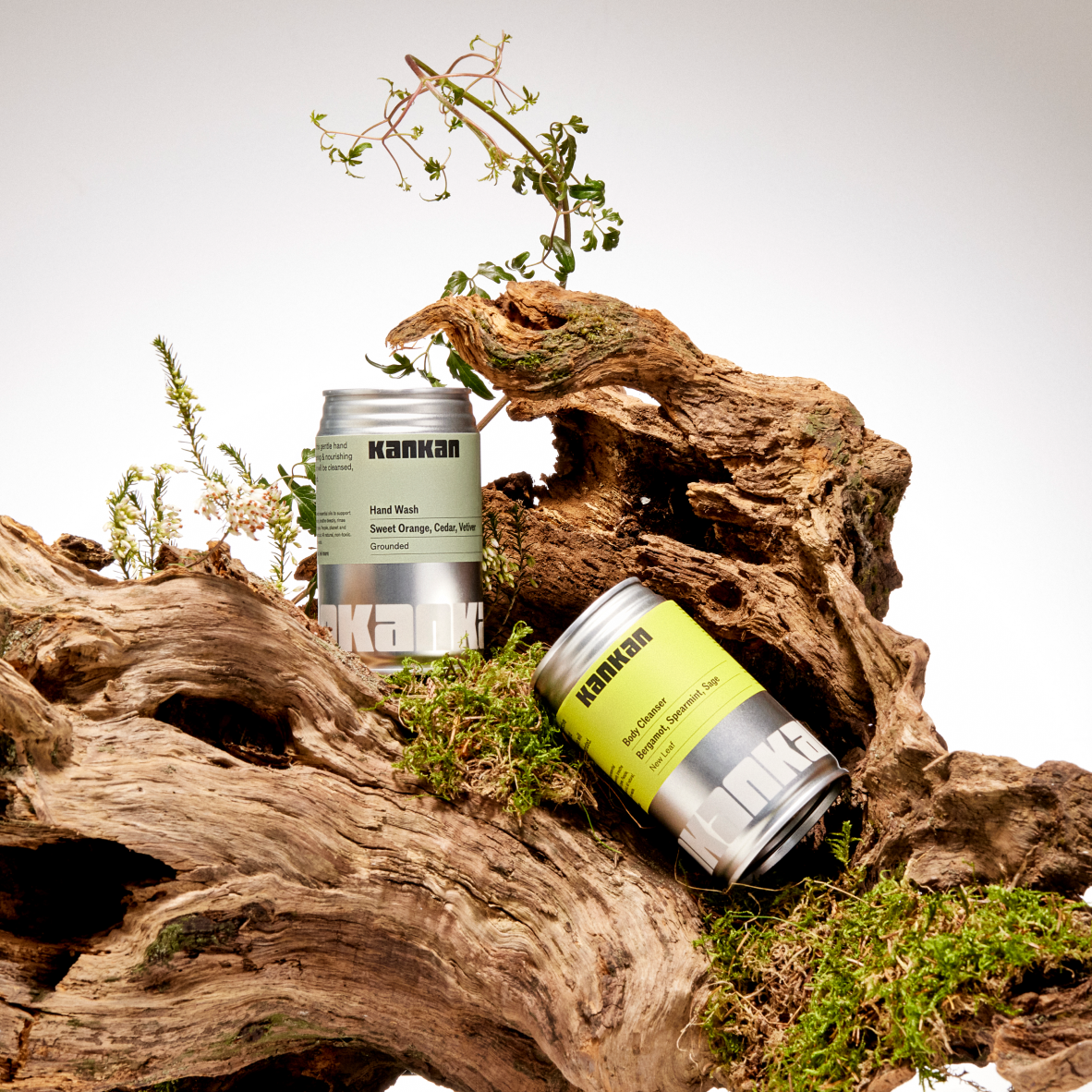Can you tell us how BC Materials came to be? What was the initial problem you were trying to solve, and how you realised that this was a problem at all?
Four architects - Nicolas Coeckelberghs, Wes Degreef, Ken De Cooman and Laurens Bekemans - studied architecture together at Saint Lukas Brussels (now LUCA Campus Brussels, KU Leuven), and then decided to group their ambitions through a non-profit association called ‘Brussels Cooperation’. After their graduation, three of the founders initiated a trip to Burundi, to construct a new library. In the village of Muyinga, they started working with the local community - without a governmental commission, a contract or any kind of permit. With a raised budget of only 20,000 euros, their traditional Western architectural training - which is mainly based on expensive and CO2-intensive materials - turned out not to be so useful. The locals taught them how to build with raw earth and this experience made us rethink our entire practice.
BC Materials is a young Brussels start-up. We were born 2.5 years ago as a spin-off of BC Architects. We wanted to help the construction sector overcome its waste problem. Some 2 million tons of earth are excavated each year in Brussels and 37 million throughout Belgium. So we thought, what if we reuse this earth to build something new, as we learned in Burundi?

Now BC Materials transforms the excavated earth into clay plasters, compressed earth blocks, and rammed earth. These are 3 different types of building materials that can replace classic plasters and classic bricks for floors and walls.”
How big is this issue and how has BC Materials made impact with this since it’s been in operation?
As we began to work more often on construction sites, we became aware of how they generate masses of excavated earth that gets transported and dumped in mines and quarries. This transport is expensive and implies unnecessary CO2 emissions, while at least half of that earth could be used efficiently. The construction industry is one of the most polluting ones globally, responsible for 30% of global waste, 40% of total CO2 emissions, and 40% of overall use of natural resources.
Our strong points are that we both reduce ‘waste’ (by using excavated) and the transport that goes along with it, and we can produce in a C02-neutral fashion which is rare in the construction sector. On top of that our materials have a great end-of-life balance: they can be re-used without heavy intervention or deposed again in nature without any pollution.

How easy has it been to have people see the purpose of your mission?
Currently, the construction sector is still extremely polluting, generating a third of all waste, and usually earth is disposed of into mines or road foundations, which is a waste. They are still in the linear state of mind, with mostly downcycling. But because of the European Green Deal and the goal of a CO2-neutral EU the pace is accelerating.
Companies around us are starting to take an interest in our solution to avoid waste and stay local. A growing number of larger players are now contacting us, intrigued by what we can offer them. And I think that interest will only increase in the future.

What are the long term plans for BC Materials - Is there a goal where you feel the business has succeeded or fulfilled its mission?
We are still very much at the beginning of our story and want to grow organically with our start-up. BC was created thanks to the help of family, friends and fools, a diverse group of investors who believed in us. In addition, the support of the Brussels Region has been crucial in our story: they properly stimulate circular construction through numerous subsidies, support impulses and competitions (such as B-Circular). We have to mention the impact investors, who support us financially because our project has a positive ecological, social and economic impact. Finally, our customer base is expanding as well: a growing number of people want healthy and acoustic materials in their living environment and are therefore drawn to constructions with earth.
We see more and more big projects coming in, and the most important goal is that circular earth building can become a standard. An obvious choice. We want to mainstream earth building.
Circularity has had a big shift of attention in the last few years. What can you say about starting a business with circularity at its core?
That it’s tough - with more investments, more R&D, more high standards than a classic linear model, but that it is very rewarding. In impact, symbolic capital and inspiring people, aside from the fun of working with earth.
What have been the greatest challenges?
The building sector can be very conservative and old-fashioned; mostly just using the materials that you’re used to, without much regard for the environmental consequences.
Greatest Successes?
For Usquare, a fantastic reconversion of old barracks into classrooms and housing, we’ve developed an acoustic clay plaster that looks great. Our crowdfunding was also - in the middle of a covid year - a great success. We’ve collected 320.000 euros, which is quite okay in the conservative construction sector.
Now we’re working for the big Victoria Regina Tower in the centre of Brussels, which is also a very tall order.
What are the next 5 years looking like for BC Materials?
We have some plans with the future subway stations, Metroline 3 in Brussels, and we can keep you tuned :) . In general we want to scale to cut the production cost and become as accessible as possible for the whole of the market.
Can you share any tricks or tips that you do to lighten your carbon footprint or improve your sustainability in work or in your personal life?
It’s not always easy as the right choice in some cases is usually the most expensive. But it’s important to change the frame: it’s healthier to take the bike to go to the bakery than take the car. You see more in the train than you see in a plane. Renovating is cherishing heritage instead of building on a new plot.
This is a great example for us to learn more about other brands and businesses out there working within the circular economy - Are there any businesses you want to shout about?
Rotor is great too. They dismantle old buildings and offer the parts to the market again, to reduce waste and the carbon footprint of the refurbished buildings.










Leave a comment
This site is protected by hCaptcha and the hCaptcha Privacy Policy and Terms of Service apply.